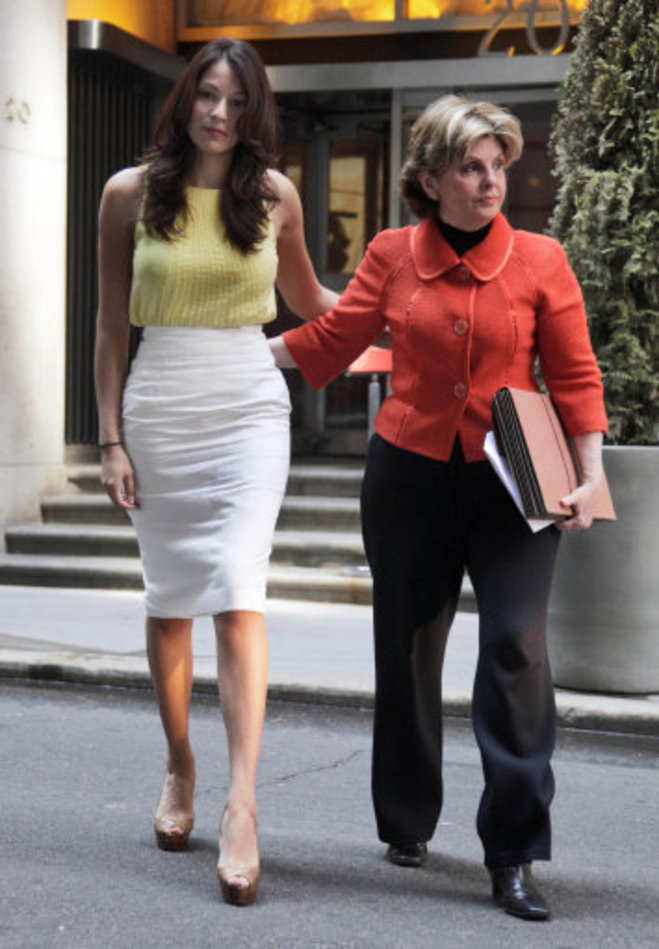DO YOU HAVE pretty eyes? Nice hair? Soft skin?
Good luck getting a job then.
But only if you’re a woman and you want to be a driver – or a director of finance.
… Or a mechanical engineer, a director of security, a hardware salesperson, a prison guard, a construction supervisor…Well, let’s just say anything that is considered sufficiently “masculine”.
According to findings published in the Journal of Social Psychology, if you’re a beautiful woman your chances of bagging a job as manager of research and development – aka a “masculine sex-type job” – are very slim indeed.
Stefanie Johnson, assistant professor of management at UC Denver Business School, found that despite good looks generally being beneficial for both women and men – whether they are job-hunting, looking for a pay rise, or even standing trial – an exception to the rule is applied to attractive women trying to enter particular roles.
Johnson found that in roles traditionally seen as masculine, and for which appearances are not seen as important, beautiful women were typically overlooked.
Participants in one experiment were given a list of jobs and a two pile of photos of applicants: a stack of 55 men and another stack of 55 women. They were then asked to match the applicant to the jobs according to their suitability.
Attractive women were overlooked for positions for which appearance was perceived to be unimportant, like director of security, hardware salesperson, prison guard and tow truck driver. Instead beautiful women tended to be sorted into positions like receptionist or secretary.
Johnson said:
One could argue that, under certain conditions, physical appearance may be a legitimate basis for hiring… In jobs involving face-to-face client contact, such as sales, more physically attractive applicants could conceivably perform better than those who are less attractive. However it is important that if physical attractiveness is weighed equally for men and women to avoid discrimination against women.
The study echoes the case of Debrahlee Lorenzana earlier this year, who claims that she was sacked from her job at Citibank on the sole basis of being too attractive.
Lorenzana alleges that her managers gave her a list of clothes that she was not allowed to wear: turtlenecks, pencil skirts, fitted suits, and three-inch heels. Her suit says: “As a result of her tall stature, coupled with her curvaceous figure… (Lorenzana was told) she should not wear classic high-heeled business shoes, as this purportedly drew attention to her body in a manner that was upsetting to her easily distracted male managers.”
Citigroup deny the alleagtions and saying: “Citi is committed to fostering a culture of inclusion and providing a respectful environment in the workplace”.
But regardless of whether Lorenzana’s case has merit or not, Johnson’s study shows that women still have some way to go before being taken seriously in the workplace – even, it would seem, for jobs where looks don’t matter.


